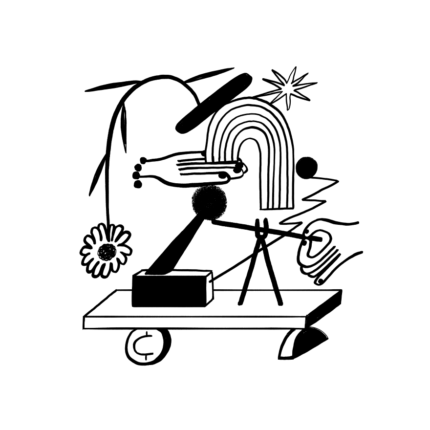
What’s an HSA?
We’re excited to provide you with the best HSA (ever). Now let’s break down exactly what a health savings account is, how it works, and why it’s so cool…
HSAs, or health savings accounts, were created in 2003 to help individuals and families offset the growing costs of healthcare and reduce overall tax burdens. They’re kind of like personal savings accounts, except that the money in them is used to pay for eligible healthcare expenses. And though you may not yet have a health savings account, that very well may change… and soon.
Since they’ve only been around for 16 years, HSAs are mere teenagers. If you’re not super familiar with them (or don’t totally understand what they’re all about), don’t worry. We’re here to provide you with the best HSA out there; to break down exactly how it is they work, and why they’re so cool (trust us: unlike most teenagers, they’re very cool).
Who can get a health savings account (HSA)?
Figuring out if you’re eligible for an HSA is actually pretty easy. Here are two important starting questions to ask yourself in order to determine whether or not you’re eligible:
1. Do you have an HDHP?
You must be covered under a high deductible health plan (HDHP) in order to be HSA-eligible. This means that your insurance plan, whether received through your employer or as an individual, must offer a health insurance policy with a deductible of at least $1,500 for single coverage and $3,000 for family coverage.
2. Are you enrolled in Medicare or Medicaid?
Your answer must be “no” for you to be eligible.
Hint: If your deductible is above $1,350 and you don’t have a copay, it’s most likely eligible.
How does it work?
Health savings accounts make it easy to save for your care today while also helping you invest in tomorrow’s. We like to refer to them as the crown jewel of tax-deferred accounts. Why? Three reasons:
3. Money goes in tax-free.
Your contribution is deposited into your account prior to income taxes being deducted from your paycheck, which means that your savings are immediate. Additionally, if you contribute to your HSA post-tax (e.g. freelancers, 1099ers, gig workers, or contractors), you’ll get a big windfall come tax time.
It’s up to you how much money you contribute into your HSA. The maximum contribution amount for 2024 is $4,150 for individuals and $8,300 for families.
4. Money comes out tax-free.
After enrolling in an HSA, you’ll get an HSA card to use when making purchases on eligible medical expenses (like an annual physical, prescriptions, a dental exam, or new braces). You can also pay out of pocket and reimburse yourself using your HSA later.
5. Your money earns interest tax-free and investment growth is also tax-free.
The interest earned on an HSA and capital gains earned from invested HSA dollars is not considered taxable as long as you’re spending on eligible medical expenses. And if there’s ever a time when you’re not using your account’s funds, or you’re planning for long-term healthcare, you can invest your money in index funds, mutual funds, or stocks.
The short of it? You won’t see any taxes here, which means more money in your pocket.
You’re the boss
The more money you contribute to your HSA, the more you reduce your overall tax burden—because as long as you’re spending that money on eligible medical expenses, you’ll never pay taxes on any of it. Plus, HSAs have the capacity to create higher overall tax savings and long-term growth compared to other retirement accounts (like a 401(k) or IRA). It’s a win-win.
A superior safety net
By consistently contributing to your HSA, you’re allowing the funds inside of it to compound and grow tax-free, all the while building a financial safety net for yourself. One of the greatest perks of an HSA is that you can use your account’s funds to pay for health insurance premiums if you ever find yourself in between jobs. An HSA really is meant to help you! Use it as an emergency fund by tucking the money aside and saving yourself from potentially major financial pitfalls down the road.
With an HSA, you’re never at risk of losing your hard-earned dollars like you are with an FSA, and your funds increase more robustly than they would in most any other type of savings or investment account.


